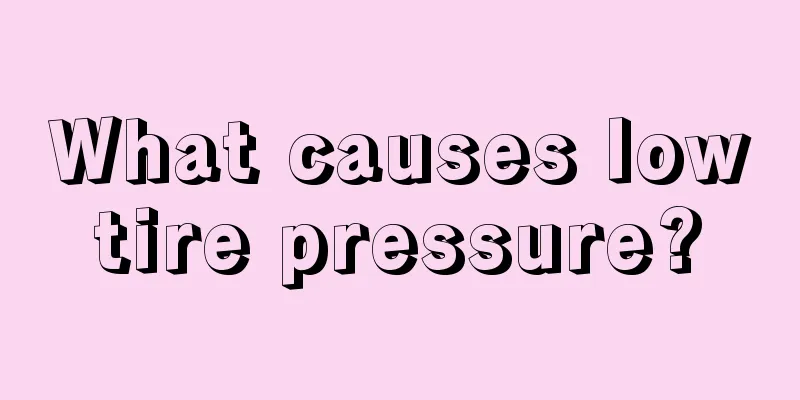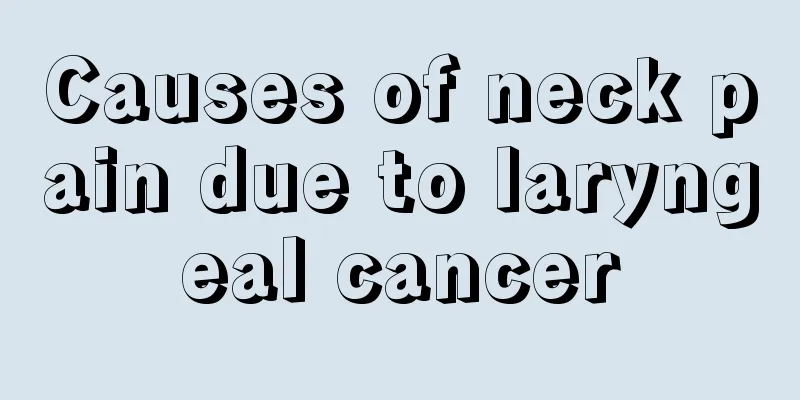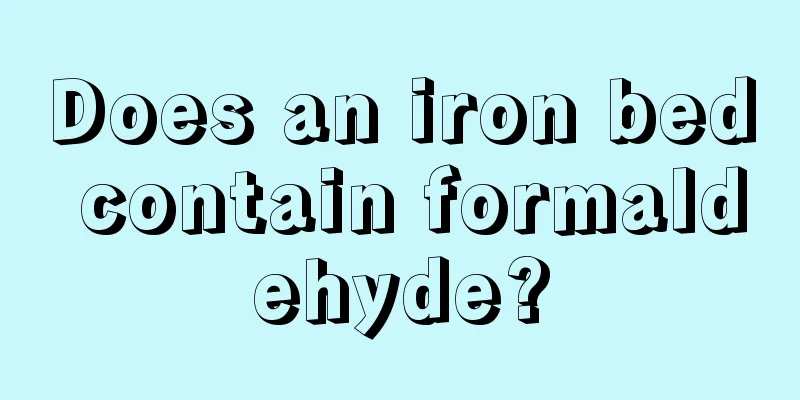What causes low tire pressure?

|
Those who drive frequently usually pay special attention to the pressure of their car tires. Tire pressure that is too high or too low is not good. Many people will encounter tire blowouts while driving, which can be very dangerous, especially when driving on mountain roads. Tire blowouts may have serious consequences. People often encounter low tire pressure. At this time, you must find a way to increase the pressure. So what are the reasons for low tire pressure? What causes low tire pressure? Why does a tire burst? There are controllable factors (speeding, overloading, wear reaching the design life of the tire) and uncontrollable factors (collision with sharp hard objects, being framed by bad people). The uncontrollable things are matters of fate, so we won’t discuss them here. So what should we pay attention to among the controllable factors? It's nothing more than two points: tire pressure and temperature. There is a widely circulated "experience" that goes: Don't inflate the tire pressure too high, as it can easily cause a tire blowout. This is also a widely held misunderstanding that high tire pressure can easily cause a tire blowout. "Need I say more? High tire pressure will cause a tire blowout", "Yeah, just like a balloon. If you blow it up too big, it will burst. I've never heard of a deflated balloon bursting." From a scientific point of view, it is true that excessive tire pressure does have the risk of tire blowout, but this basically does not exist in the daily use of family cars. Whether it is the manufacturer or the tire repair shop, they will not inflate the tire "high". There are operating standards for inflating tires, unless you are desperately inflating a stationary car... So has anyone paid attention to low tire pressure? Has anyone really paid attention? If the tire is flat, just inflate it when you have time, which means it will waste fuel and accelerate slowly. In fact, the safety hazard of low tire pressure is greater than that of high tire pressure! The scientific reasoning is this: Although low tire pressure will not cause the tire to "explode", the area of contact with the ground will become larger when the tire pressure is low, and the heat generated by rolling will be much greater than that of the standard tire pressure. This will cause the internal cord layer to deform and accelerate fatigue. In severe cases, it will cause structural damage, resulting in a tire blowout. Still don't understand? To explain it more directly: When we were young, we all played with breaking wires with our hands. After being broken repeatedly, the wire will heat up, become softer, and easier to break. The same is true for the metal wires in the tire cord layer. How to check tire pressure? There are only two ways. If the original factory has tire pressure monitoring, just pay attention to it regularly. If the original factory does not have it, you can also install tire pressure monitoring afterwards, which costs a few hundred dollars. If you don’t want to spend too much money, you can buy a tire pressure gauge for a few dozen dollars and check it regularly. The important thing is, don’t forget to check it. |
<<: What are the characteristics of floating pulse?
>>: I don't eat but my stomach is bloated
Recommend
Imaging findings of early gastric cancer
Gastric cancer often occurs in the cardia. Use ba...
What disease is HPV18 positive
The HPV18 virus causes nipple cancer. It causes m...
Baby's ankle is inverted
Some mothers find that there is something wrong w...
The symptoms of amblyopia are the most obvious.
Many people may not know about amblyopia. It is d...
Will staying up late cause brain cancer?
Staying up late for a long time is likely to caus...
Is grade II clear kidney cancer in the early stage? How long can a person survive with grade II clear kidney cancer?
Grade II clear cell carcinoma of the kidney is no...
How to prevent bladder cancer
Bladder cancer also has a relatively obvious fami...
What causes chest pain?
As women, we should pay attention to the causes o...
What are the benefits of washing your face with milk for a long time
There are many benefits to washing your face with...
Can pregnant women visit mothers who have just given birth?
There are many old rules and taboos in some folk ...
What kind of exercise is good for lymphoma
With the rapid development of modern society in r...
Can people with high blood pressure eat chicken soup?
Hypertension is a very serious disease. Suffering...
Symptoms before death from advanced brain cancer
What are the symptoms of advanced brain cancer be...
How to recover after taking contraceptive pills for a long time
Nowadays, more and more young people are paying a...
What are the problems that arise in the treatment of kidney cancer
In recent years, kidney cancer has become one of ...









